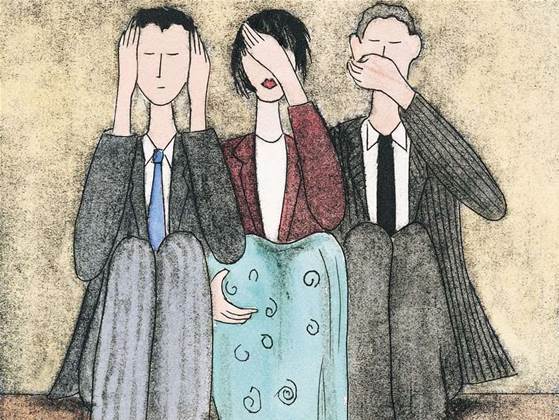Last month the government said that it would data relating to the treaty, which has concerned many as being too overarching and a possible threat to internet freedoms.
However, so far only 36 pages of notes have been released, leaving over 1,200 still secret under the guise of national security.
"We are very disappointed with the USTR's decision to continue to withhold these documents," said Electronic Frontier Foundation (EFF) Senior Counsel David Sobel.
"The president promised an open and transparent administration. But in this case and others we are litigating at EFF, we've found that the new guidelines liberalising implementation of the Freedom of Information Act haven't changed a thing."
The EFF and public interest group Public Knowledge the United States Trade Representative (USTR) for details of the treaty under the freedom of information act.
From the documents released so far it appears one of the key focuses of the treaty is internet traffic. One suggestion is that customs laws could be brought to bear on internet traffic to check for pirated material.
Media companies and the entertainment industry is pushing for the ACTA treaty to include provisions to force ISPs to monitor user’s traffic for purloined material and to adopt a ‘three strikes and you’re out’ policy on cutting off users suspected of downloading illegally.
"What we've seen tends to confirm that the substance of ACTA remains a grave concern," said Public Knowledge Staff Attorney Sherwin Siy.
"The agreement increasingly looks like an attempt by Hollywood and the content industries to perform an end-run around national legislatures and public international forums to advance an aggressive, radical change in the way that copyright and trademark laws are enforced."




_(36).jpg&h=140&w=231&c=1&s=0)






 Cyber Resilience Summit
Cyber Resilience Summit
 iTnews Executive Retreat - Security Leaders Edition
iTnews Executive Retreat - Security Leaders Edition
 Huntress + Eftsure Virtual Event -Fighting A New Frontier of Cyber-Fraud: How Leaders Can Work Together
Huntress + Eftsure Virtual Event -Fighting A New Frontier of Cyber-Fraud: How Leaders Can Work Together
 iTnews Cloud Covered Breakfast Summit
iTnews Cloud Covered Breakfast Summit
 Melbourne Cloud & Datacenter Convention 2026
Melbourne Cloud & Datacenter Convention 2026












_(1).jpg&h=140&w=231&c=1&s=0)



